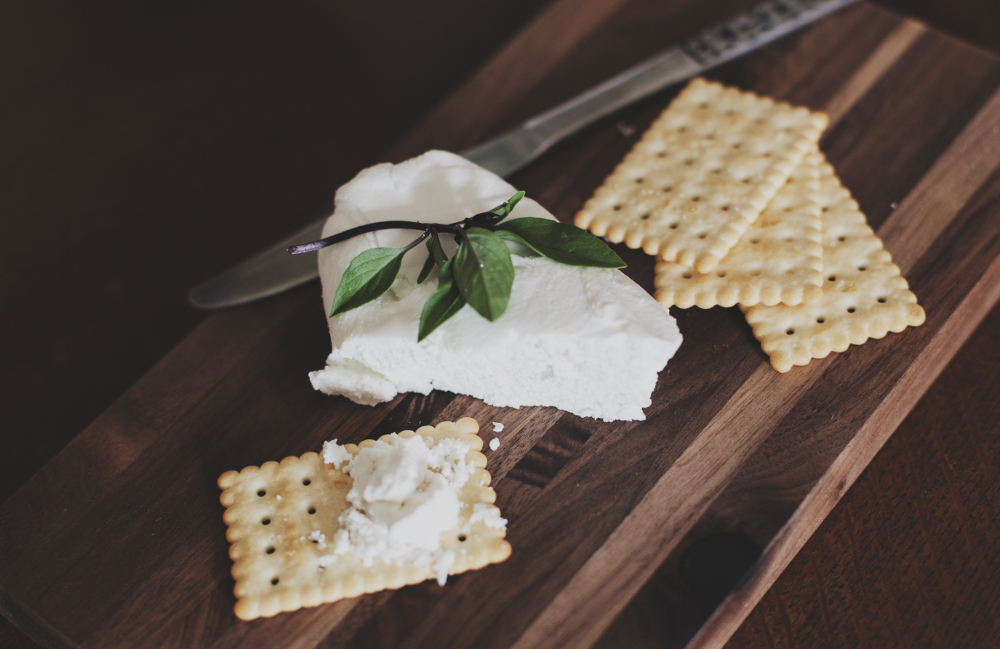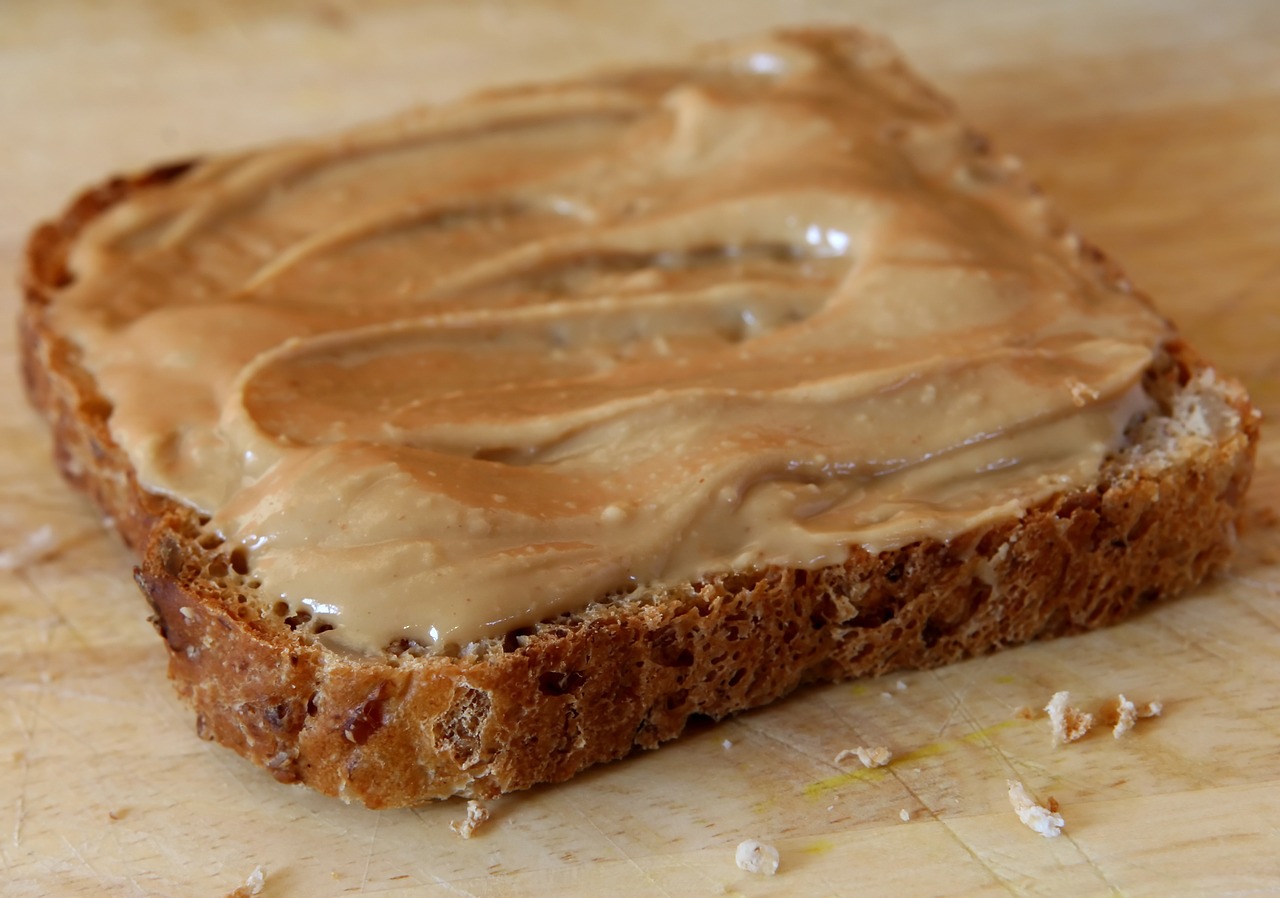8 Protein-Rich Foods You Need To Be Eating

As you probably know, having a sufficient amount of protein in your diet is very important especially when it comes to achieving your body recomposition goals. Not only is protein vital for muscle hypertrophy but the more muscle you have, the more calories you burn. That's because more muscle mass corresponds to an increased Basal Metabolic Rate (BMR) - the amount of calories you burn in a 24-hour period while doing absolutely nothing.
The latest research suggests that you need to be consuming at least 0.82 g of protein per pound of body weight (i.e. 1.8 g per kilogram of body weight) if you are to look and perform at your best. That's why it's a good idea to have a variety of protein-dense foods in your meal plan!

1. Eggs

Eggs are a staple of any healthy, high-protein diet. One large egg (50 g) contains 78 calories and 6 g of protein along with 5 g of healthy fats and lots of important micronutrients.
Best of all, you don't need to limit egg consumption as research shows that dietary cholesterol does not increase the levels of cholesterol in your blood. Lucky for us because eggs are a part of hundreds of delicious and healthy recipes.
2. Chicken

Chicken is another great protein source that's preferred by most people because it's delicious and easy to find. It also happens to be a very lean meat suitable for those who want to get their protein in but are cutting so they still want to keep their total caloric intake low.
100 g of chicken meat contain 239 calories and 27 g of protein making chicken a great choice if you are looking to increase your daily protein intake.
Sadly, nowadays most of the chicken meat you find in the store comes from chickens that were treated with lots of antibiotics and growth hormone. That's why if you can take on board the extra cost you might want to buy organic.
3. Lean red meat

Lean red meats are an excellent source of protein, vitamin B12, niacin, vitamin B6, iron, zinc and phosphorus. For example, 100 g of beef contain 250 calories and 26 g of protein. Again, you might want to find grass-fed beef as it comes from cows which have grazed in pasture year-round rather than being fed a processed diet.
4. Fish and seafood

While sea food doesn't appeal to everyone's taste buds, for those of us who are fans it can be a great source of protein. For example, 100 g of cooked salmon contain 206 calories and 22 g of protein.
On top of that, seafood contains omega-3 fatty acids which are not only essential for proper brain function, but also help against pretty much any disease known to man.
Additionally, there's a plethora of foods that fall under the category of seafood which opens up an infinite amount of recipes to explore.
5. Milk

Milk is a great to way to increase your protein intake without having more solid food but rather drinking your calories. Luckily for us, milk is both jam-packed with nutrients and very tasty for most. One cup of milk (244 g) contains 156 calories and 8 g of protein. Just don't go overboard if you're lactose-intolerant.
And don't fall for the low-fat milk propaganda. We now know that saturated fat which was once demonized is actually completely safe to consume and in fact it might lead to increased levels of testosterone.
6. Cottage cheese

While on the topic of dairy products we can't forget to add cottage cheese to the list of protein-dense foods. More precisely, 100 g of cottage cheese contain 98 calories and 11 g of protein. That makes it a great snack to have in the evening or before bed.
7. Nuts

Talking about snacks, nuts are some of the best healthy snacks one could have in their meal plan - plus they're very protein-dense. 100 g of almonds, for example, contain 576 calories and 21 g of protein. Another great thing about them is that there are so many types - almonds, cashews, walnuts, Brazil nuts, hazelnuts, etc. You can't go wrong with any of them.
8. Nut butters

Another great way to enjoy the great taste of nuts is to try nut butters. 100 g of almond butter contain 614 calories and 21 g of protein. Best of all, nut butters are super tasty. You can put them on bread, have them with a banana or use them in cooking different desserts. There are many recipes on the Internet so you can really go wild with them.
Conclusion
So there you have it! 8 tasty, protein-dense foods to add to your meal plan. You can have them all in your diet and rotate them to have some variety while getting your protein or pick your favorite ones and enjoy them all you want.
If you have problems achieving your goals try adding these essential foods in your daily menu. If you feel confused how to build a healthy and balanced meal plan, I can help you!
